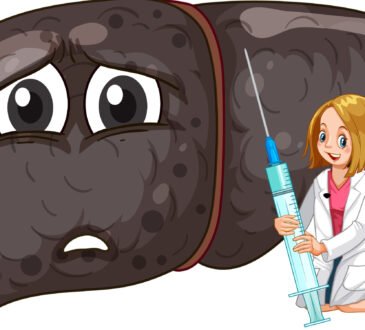
Sperm motility refers to the ability of sperm cells to move and swim effectively. It is a crucial factor in male fertility because sperm must be able to swim through the female reproductive tract to reach and fertilize the egg. Sperm motility is assessed through semen analysis, which evaluates the percentage of sperm cells that are moving and the quality of their movement.
There are two main types of sperm motility:
- Progressive Motility: Sperm cells move in a straight line or in large circles, which is considered ideal for fertilization. Higher percentages of progressively motile sperm are associated with increased fertility.
- Non-Progressive Motility: Sperm cells move, but their movement is not considered ideal for fertilization. They may move in small circles or have irregular swimming patterns.
A semen analysis typically evaluates both the percentage of motile sperm (total motility) and the percentage of sperm with progressive motility. Sperm motility can be affected by various factors, including hormonal imbalances, genetic factors, lifestyle habits, and underlying health conditions.

Maintaining overall health, avoiding factors that can negatively impact sperm motility (such as smoking, excessive alcohol consumption, and exposure to toxins), and seeking medical advice for any fertility concerns can help support healthy sperm motility and male fertility.
Foods For Sperm Motility:
To support good sperm motility and overall male fertility, it’s essential to maintain a balanced diet rich in nutrients that support sperm health. Here are some foods that are beneficial for sperm motility:
- Fatty Fish: Salmon, mackerel, trout, and other fatty fish are rich in omega-3 fatty acids, which are essential for sperm health and motility.
- Walnuts: Walnuts are a good source of omega-3 fatty acids and antioxidants, which can help improve sperm quality and motility.
- Oysters: Oysters are high in zinc, a mineral that plays a key role in sperm production and motility.
- Eggs: Eggs are a nutrient-rich food that provides high-quality protein and important vitamins and minerals such as vitamin E and selenium, which are beneficial for sperm health.
- Spinach: Spinach is rich in antioxidants such as lutein and zeaxanthin, which can help protect sperm cells from oxidative damage and improve motility.
- Berries: Blueberries, strawberries, and other berries are rich in antioxidants, vitamins, and minerals that support overall health and sperm motility.
- Citrus Fruits: Oranges, grapefruits, and other citrus fruits are high in vitamin C, which has been shown to improve sperm motility and reduce the risk of sperm DNA damage.
- Pumpkin Seeds: Pumpkin seeds are a good source of zinc, which is essential for sperm production and motility.
- Avocado: Avocado is rich in healthy fats and vitamin E, both of which are important for sperm health and motility.
- Tomatoes: Tomatoes are rich in lycopene, a powerful antioxidant that may improve sperm motility and overall sperm quality.
- Whole Grains: Whole grains such as oats, barley, and quinoa provide fiber, vitamins, and minerals that support overall health and may help improve sperm motility.
- Legumes: Beans, lentils, and other legumes are rich in protein, fiber, and important nutrients such as folate and zinc, which are beneficial for sperm health.
In addition to incorporating these foods into your diet, it’s also important to stay hydrated by drinking plenty of water, limit intake of processed foods, refined sugars, and unhealthy fats, and maintain a healthy weight through regular exercise and physical activity.




